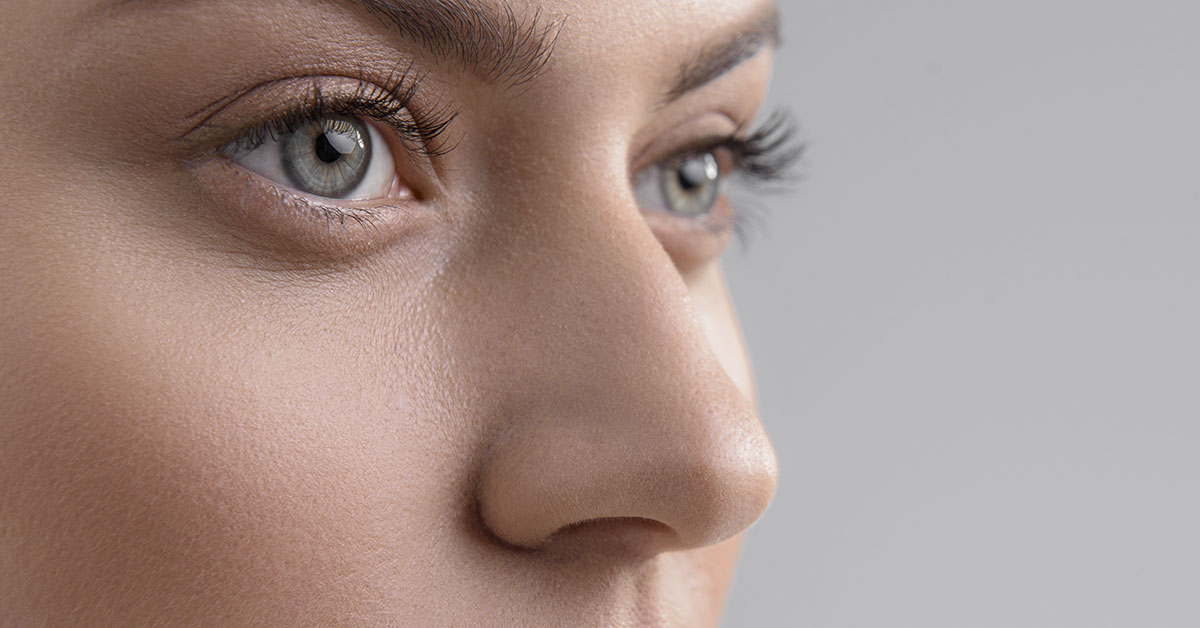Joy Milne never expected to become famously known as the woman who smells illness. Her story began with love and her husband’s comforting scent. Les had a wonderful, natural aroma that made her feel safe whenever he held her close. But around age 30, something changed. That familiar smell turned musky and strange. For over a decade, Joy felt frustrated by this mysterious odor. Then everything made sense when doctors found Les had Parkinson’s at age 45. Joy realized she had been smelling his disease for years before any medical test could find it.
The Woman Who Can Smell Illness
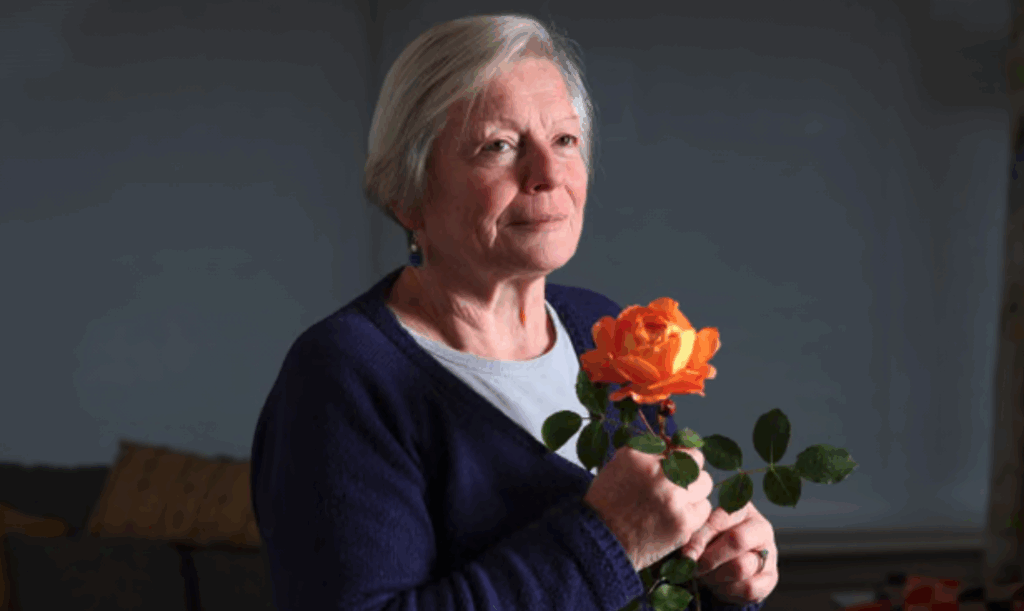
Joy Milne, now 72, never thought her sensitive nose was special. The retired nurse from Perth, Scotland, has a rare condition called hereditary hyperosmia. This gives her an extremely powerful sense of smell. Research shows that as a child, her grandmother also had super-smelling abilities. She taught Joy to identify different scent signatures. During her nursing career, Joy noticed that patients with different diseases had unique smells. She built what she calls a “scent library” in her mind. However, it wasn’t until her husband got sick that she realized how amazing her gift was.
When Love Became Clouded by a Strange Scent
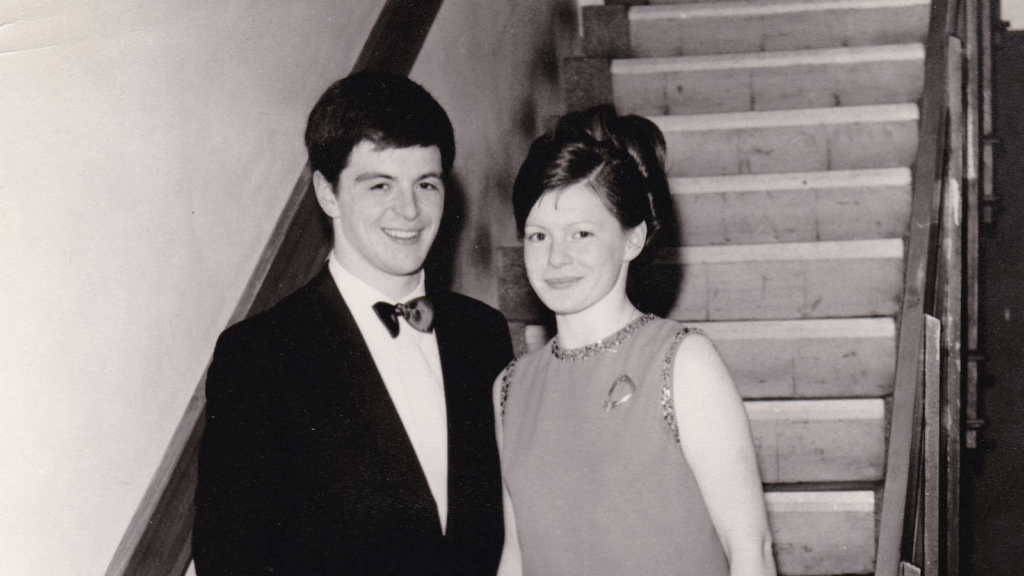
Joy fell in love with Les Milne’s natural scent when they first danced together in high school. News reports describe how she was right away attracted to his “lovely male musk smell” when she was 16 and he was 17. After college, they married and built their dream life together. Les became a doctor, Joy became a nurse, and they raised three boys. For years, their marriage was everything Joy had hoped for. But when Les turned 30, his scent changed into something unpleasant and musky. This created tension between them as Joy struggled to understand what was happening.
Read More: Men Who Neglect This Crucial Practice Face 45% Higher Risk of Prostate Cancer
The Devastating Diagnosis That Made Everything Clear

The strange smell was just the beginning. Over the years, Les’s personality began changing in ways that broke Joy’s heart. According to personal accounts, her thoughtful, patient husband became moody and less patient. This led to frequent arguments. The breaking point came when Joy woke up to violent nightmares where Les was attacking her. Terrified he might have a brain tumor, Joy demanded they see a doctor immediately. When 45-year-old Les was found to have Parkinson’s disease, Joy suddenly understood she had been smelling his illness for about 15 years before doctors could find it.
Scientists Test Claims from the Woman Who Can Smell Illness
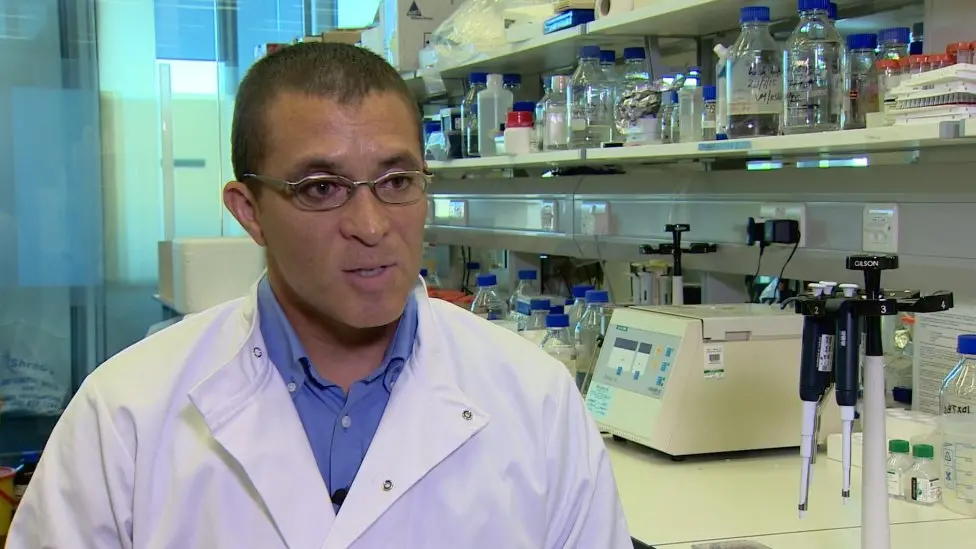
At a Parkinson’s support group, Joy noticed something surprising. Everyone there had the same musky smell she had first picked up on her husband Les years earlier. Later, she mentioned this to neuroscientist Tilo Kunath at an event. He was unsure at first but interested. To test her ability, he gave her 12 unwashed T-shirts. Six belonged to people with Parkinson’s, and six came from people without the disease. Joy’s results were incredible. She correctly identified every shirt worn by someone with Parkinson’s. The only shirt she marked as positive by mistake turned out to be a sign. Eight months later, that person was diagnosed with the disease.
Read More: Child Who Underwent CAR-T Cancer Therapy Remains Disease-Free After 18 Years
How Scientists Decoded What She Was Smelling
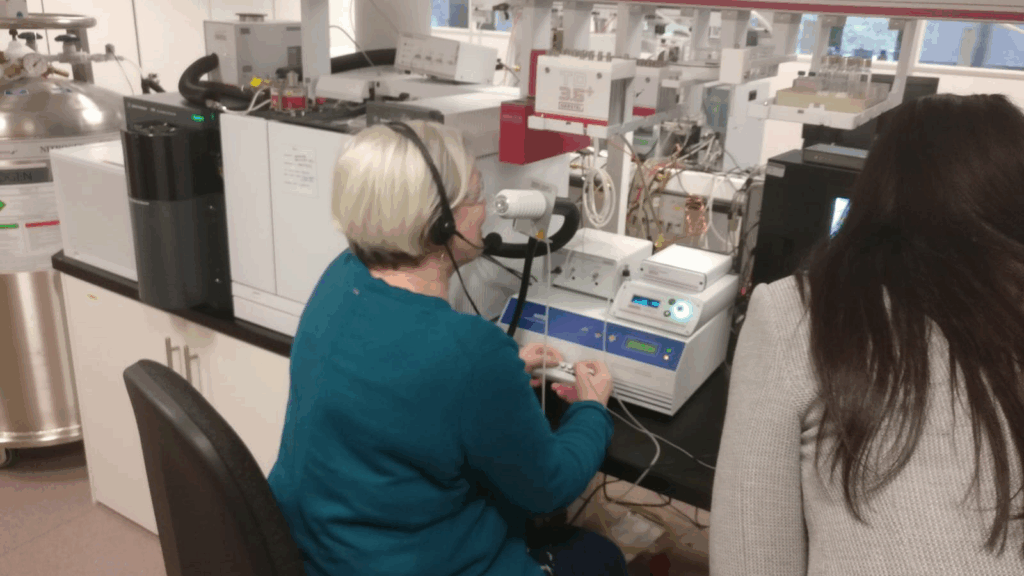
Joy’s discovery sparked a major scientific study. Chemist Perdita Barran teamed up with Tilo Kunath to figure out exactly what Joy was smelling. They used a tool called mass spectrometry to study sebum, the oily layer on our skin. Their research showed that people with Parkinson’s have very different sebum compared to healthy people. These changes affect how their bodies handle fatty substances called lipids. The result is a set of special chemical signals, known as volatile organic compounds. These are what create the strange smell that Joy’s highly sensitive nose can detect.
Her Discovery Leads to a Medical Breakthrough
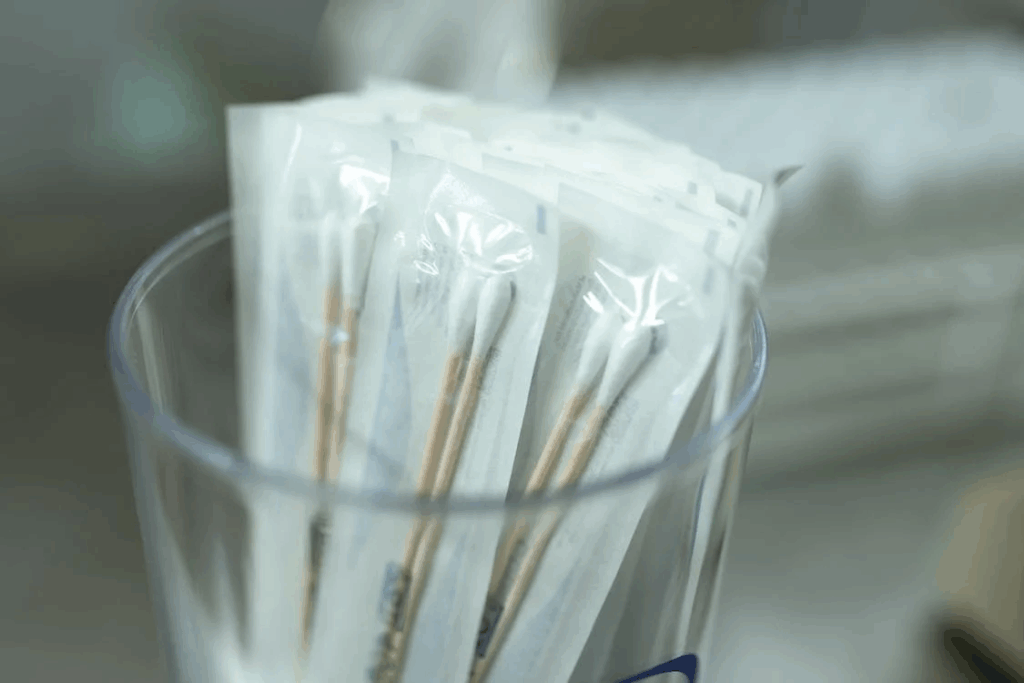
With Joy’s help, scientists created something amazing. It is a simple test that could diagnose Parkinson’s in just three minutes. They developed a skin swab that collects sebum from a patient’s upper back, the same area where Joy first noticed the smell on her husband. Using special tools that identify compounds by their weight, the test looks for a clear pattern linked to the disease. In studies comparing people with and without Parkinson’s, scientists found certain large lipids that act as markers. These markers help identify the disease at an early stage.
Read More: Woman Who Gouged Her Own Eyes Out While On Meth Says She Has ‘No Regrets’ After Losing Her Job
Detecting Disease Before Symptoms Strike
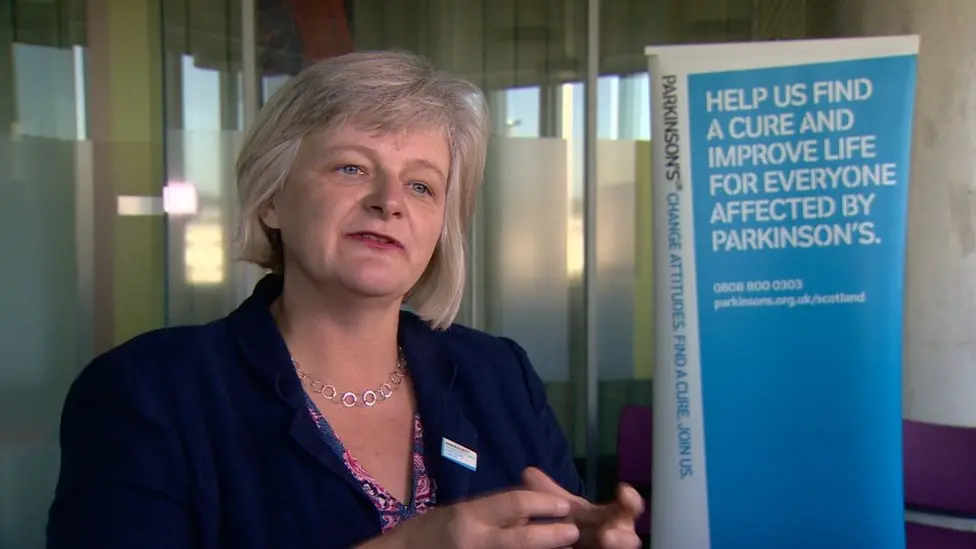
There are still major challenges. Traditional Parkinson’s diagnosis is often unreliable. In the early stages, accuracy is as low as 58 percent, and even specialists only reach about 80 percent. This makes Joy’s work even more important. She is now helping scientists study people with REM sleep behavior disorder, a condition where patients act out violent dreams. About 70 percent of them go on to develop neurological diseases. Researchers found that their scent falls between that of healthy people and those with Parkinson’s. This matters because Parkinson’s can stay hidden for years before symptoms appear. Katherine Crawford, a health official, says a simple test could be life-changing. Parkinson’s is still diagnosed the same way they did in 1817, by observing symptoms. A diagnostic test could enable quick diagnosis, treatment planning, and proper disease monitoring.
The Woman Who Can Smell Illness Transforms Personal Promise into Hope for Millions
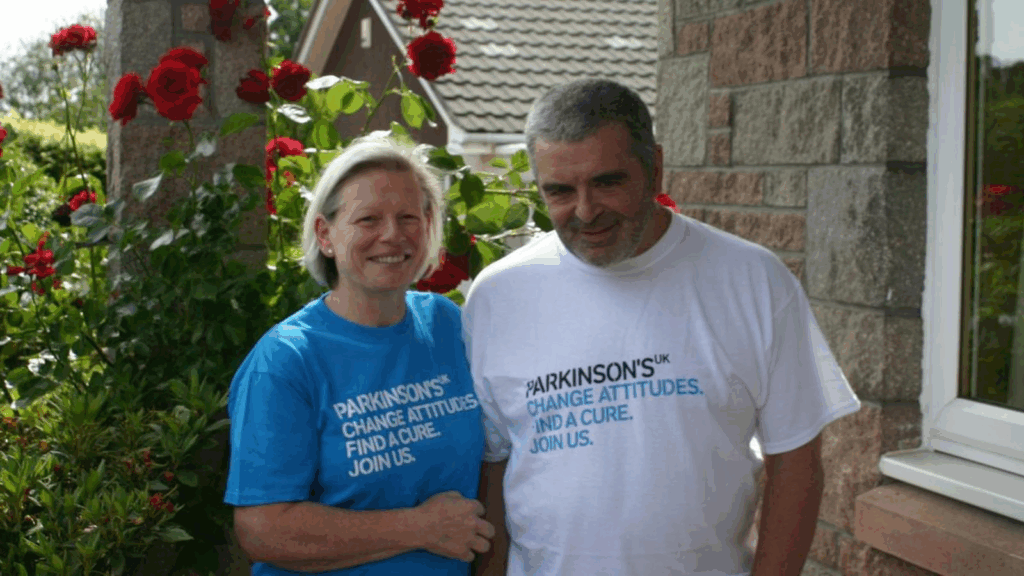
Known now worldwide as the woman who smells illness, Joy Milne’s journey shows how one person’s sensitivity can change the future of medicine. In Les’s final weeks, Joy’s research gave him a burst of energy. Joy promised her husband she would keep working to help others avoid the pain he went through. Today, researchers are preparing clinical trials to see if her discovery can be used in hospitals around the world. Experts say the research is still experimental and needs more testing before it can be used in clinics. Even so, Joy’s loss is now bringing hope to other families. Scientists remain carefully hopeful that her rare ability can lead to a reliable way to detect Parkinson’s early.
Read More: Bananas Are Healthy, But There Are Some People Who May Need to Avoid Them.
